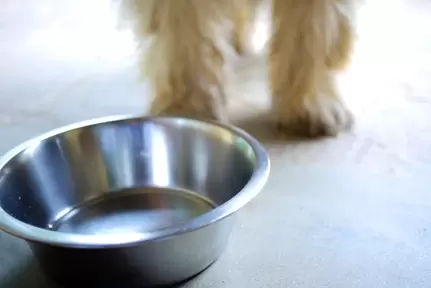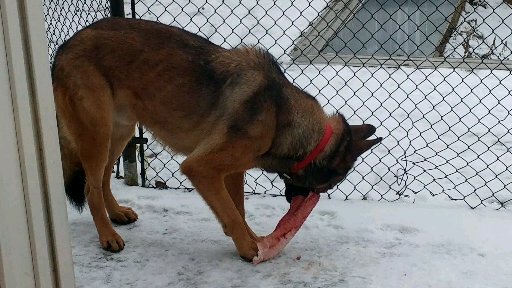|
Just saying the word ‘Fast’ can put some people in a frenzy, especially when it comes to their pets. Fasting is very healthy and beneficial to the body, it gives our system that ‘re-boot’ it needs, a chance to get rid of dead tissues, cells, and toxic buildup, cleansing us from the inside out. The body was designed to use these sick cells and debris for fuel while we are in fast mode, which is how we can go periods of time without taking in food. The truth is that wolves and coyotes self-fast in the wild, sometimes by choice, sometimes not, but all in all, fasting is very beneficial for the immune system. There are many studies also showing that fasting promotes longevity and reduces inflammation, in fact, Mount Sinai researchers discovered that fasting reduces inflammation and other chronic inflammatory diseases without affecting the immune system’s response to acute infections. ‘ “Caloric restriction is known to improve inflammatory and autoimmune diseases, but the mechanisms by which reduced caloric intake controls inflammation have been poorly understood,” said senior author Miriam Merad, MD, PhD, Director of the Precision Immunology Institute at the Icahn School of Medicine at Mount Sinai. Working with human and mouse immune cells, Dr. Merad and colleagues showed that intermittent fasting reduced the release of pro-inflammatory cells called “monocytes” in blood circulation. Further investigations revealed that during periods of fasting, these cells go into “sleep mode” and are less inflammatory than monocytes found in those who were fed.’ (Dietary Intake Regulates The Circulatory Inflammatory Monocyte Pool. 2019. Merad). Not only that, fasting has been shown to regulate hepatic cells and other organs in the body, including the microbiome. Who shouldn’t fast?
How often? General guideline is once a week, either intermittent or full day fast. There are actually many different ways to fast your dogs, and there is no one size fits all. One way of fasting is to fast all meals for an entire day. Another way is to fast intermittently, which means fasting only one meal that day. Another way, which I sometimes employ is to just throw my dogs a bone that day, or fast them from meat, and only feed them vegetables. I would say the best way to begin fasting is by beginning slowly, and see how your dog does, perhaps that’s by fasting for only one meal a week and going from there.
We now know that the benefits of fasting outweigh the negative, it might be challenging in the beginning to see what works best for your dog (and you), because it can also be psychologically challenging for some pet guardians to employ it, perhaps thinking that they are starving their dogs, but dogs were made to fast, because that is how they used to survive in the wild. Food for though.
0 Comments
|
AuthorLucy is an avid pet mom; with dogs, cats, goats and horses to keep her busy! All of her pet 'kids' are fed a species appropriate diet with proper supplementation so she can watch them thrive. Her expertise and experience lie in nutraceutical supplementation and is a health advocate for proper diet and nutrition. Her other passions in life are schutzhund and equestrian riding. Archives
July 2024
Categories |






 RSS Feed
RSS Feed